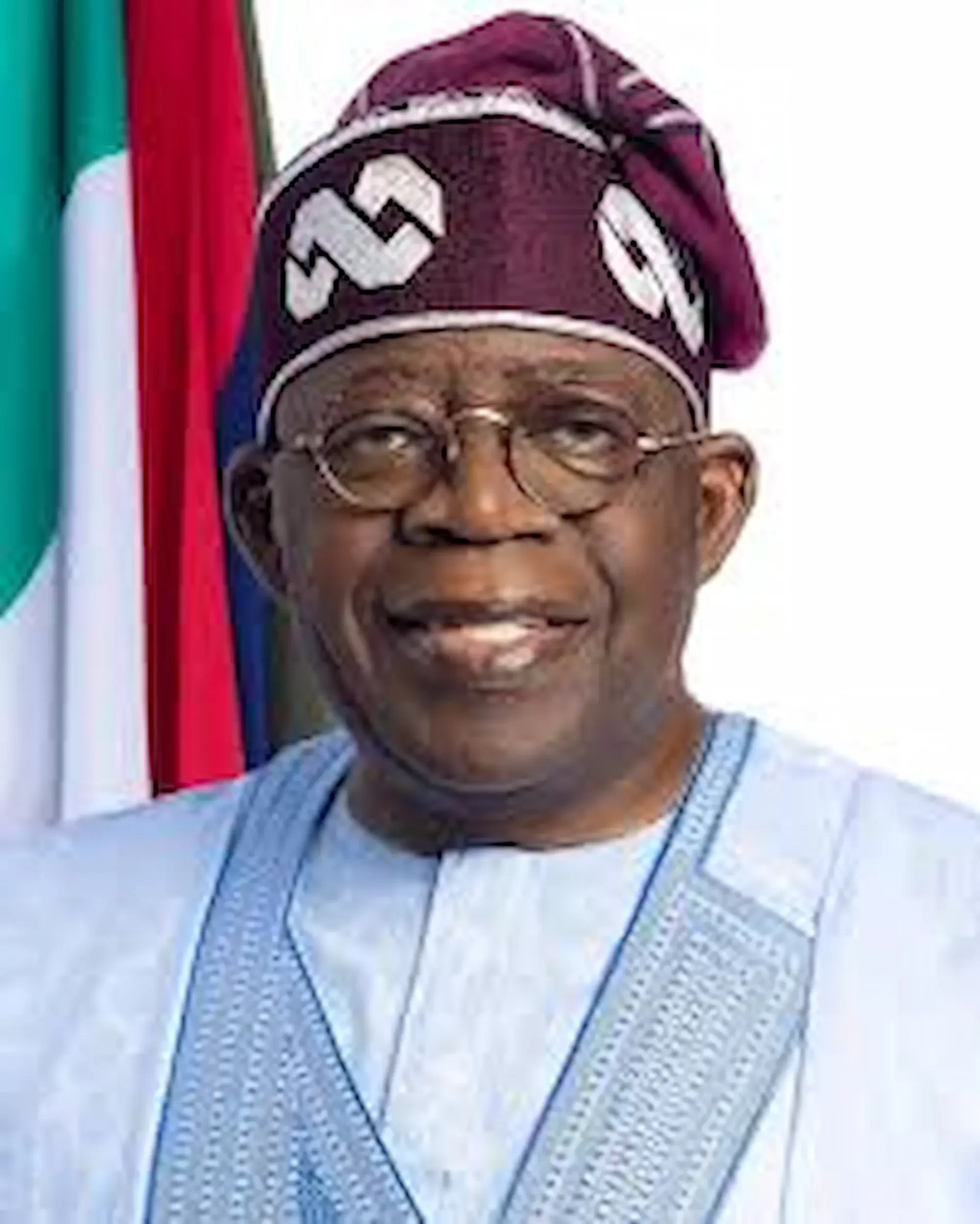Mixed Reactions as Tinubu Launches Personal Income Tax Calculator
By NaijaEnquirer Staff
President Bola Ahmed Tinubu has launched a new Personal Income Tax calculator, inviting Nigerians to estimate how much they will pay under sweeping tax reforms scheduled to take effect in January 2026.
The digital tool, hosted on fiscalreforms.ng, enables users to compare current tax liabilities with the new rates introduced earlier this year. Announcing the rollout on his official X account (@PBAT), the President described the reforms as “a path of equity, fairness and true redistribution,” adding that the calculator is meant to show how low-income earners are protected while simplifying compliance.
Nigeria’s Biggest Tax Shake-Up in Decades
Under the new framework, individuals earning ₦800,000 or less per year will be exempt from personal income tax. Above that threshold, rates rise progressively—15% up to ₦3 million, reaching 25% for incomes above ₦50 million.
- Rental relief: Deduct up to 20% of annual rent (capped at ₦500,000) from taxable income.
- Consolidated Relief Allowance abolished to simplify calculations.
- VAT remains 7.5%, with essential items—food, education, healthcare, electricity—zero-rated.
- Small business relief: Firms below ₦100m turnover and ₦250m assets exempt from companies income tax, capital gains tax, and the new 4% Development Levy.
Administrative Overhaul
The reforms establish a centralized Nigeria Revenue Service to replace the FIRS and create a Tax Ombudsman Office for complaints and redress. VAT sharing is revised: states receive 55%, local governments 35%, and the federal government 10%, shifting fiscal power closer to subnational governments and communities.
The new allocation has stirred debate, with some lawmakers warning it could widen regional disparities if not paired with balancing measures.
Economic Context and Hurdles
Nigeria’s tax-to-GDP ratio is about 11%. Government projections suggest the reforms could push it toward 18%, reducing borrowing and funding improvements in roads, power, healthcare, and schools. Analysts, however, caution that success hinges on robust digital infrastructure, transparent spending, and public trust.
Public Reaction: Split Opinions
Responses on social media are mixed. Some users question whether higher collections will translate into better services—citing gaps in roads, water, electricity, hospitals, and schools—while others defend the reforms as necessary for fairness and fiscal stability. Supporters argue Nigerians routinely comply with taxes abroad and should help build a sustainable system at home.
Trust Will Decide
Economists say Nigerians are not opposed to paying taxes but want visible results. In his appeal for buy-in, the President said: “Together, we are renewing hope in the Nigeria of our dreams. Bet on Nigeria to work for you, your family and your community.”






